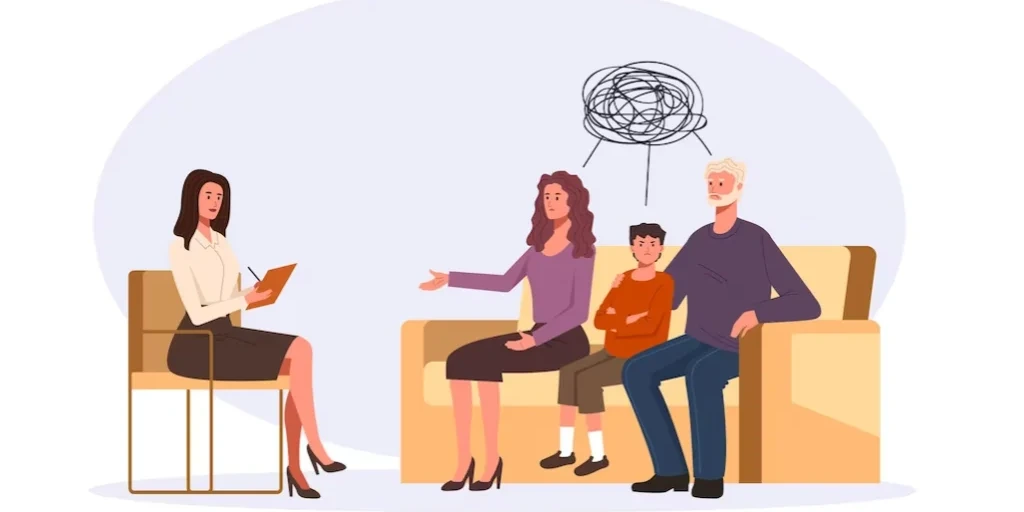24/7 Helpline:
(866) 899-221924/7 Helpline:
(866) 899-2219
Learn more about OCD Treatment centers in Pueblo Of Acoma
OCD Treatment in Other Cities

Other Insurance Options

BHS | Behavioral Health Systems

Health Choice

UMR

UnitedHealth Group

Self-pay options

Coventry Health Care

WellCare Health Plans

MVP Healthcare

GEHA

Humana

Oxford

American Behavioral

Carleon

Magellan

EmblemHealth

BlueShield

Regence

Cigna

State Farm

Medical Mutual of Ohio








Pueblo of Acoma
Pueblo of Acoma is a public rehab located in Pueblo Of Acoma, New Mexico. Pueblo of Acoma specialize...


